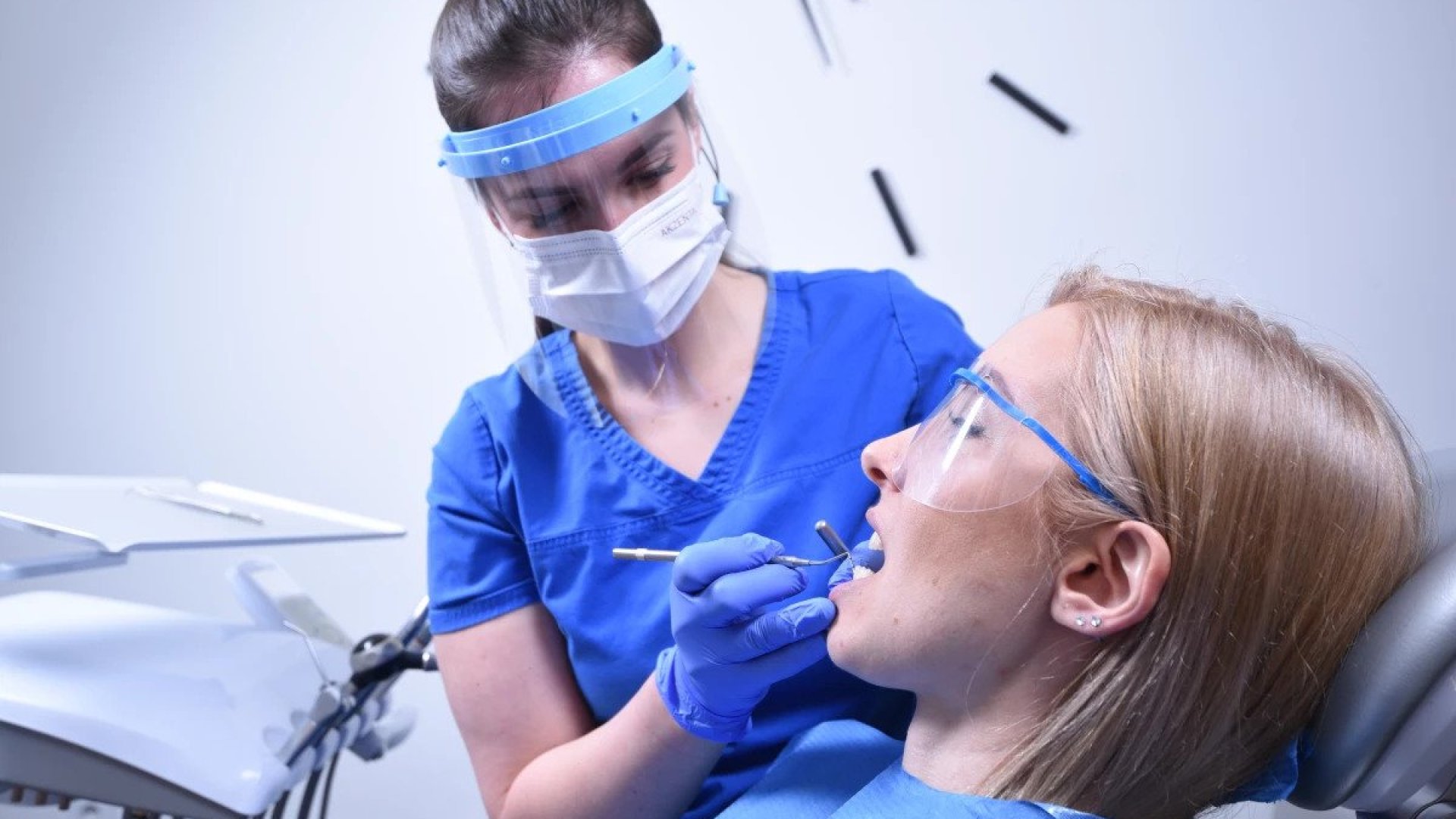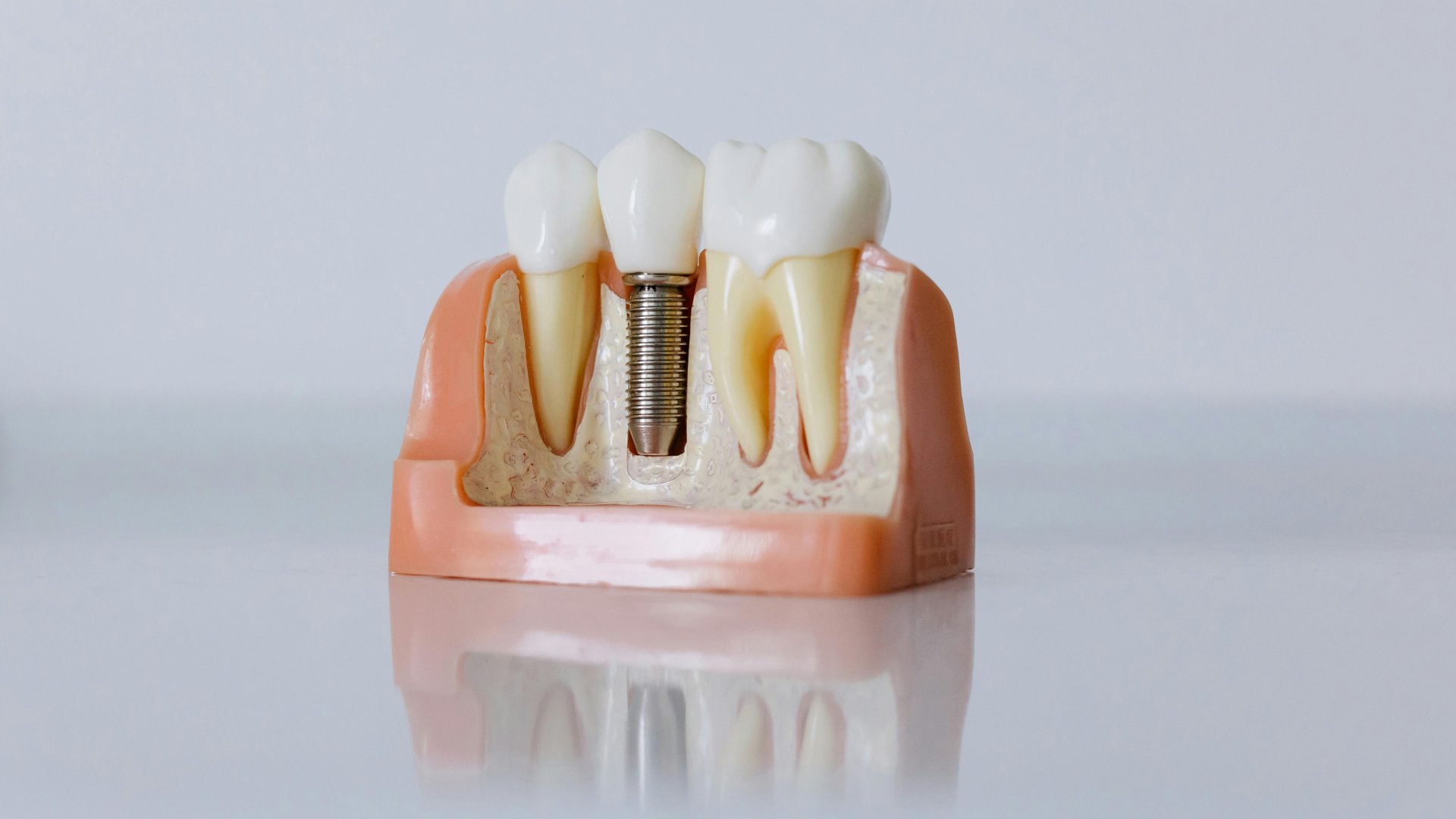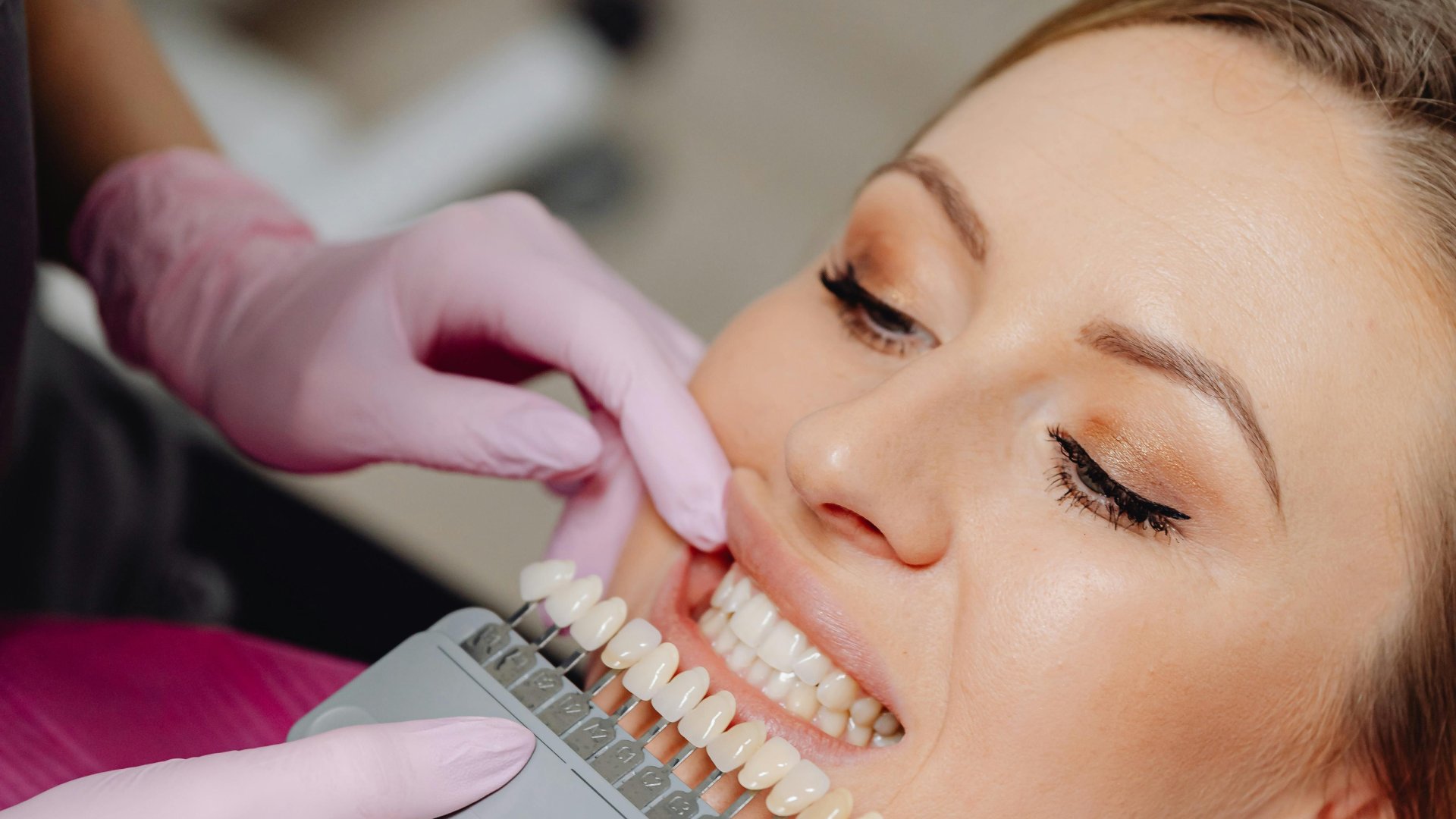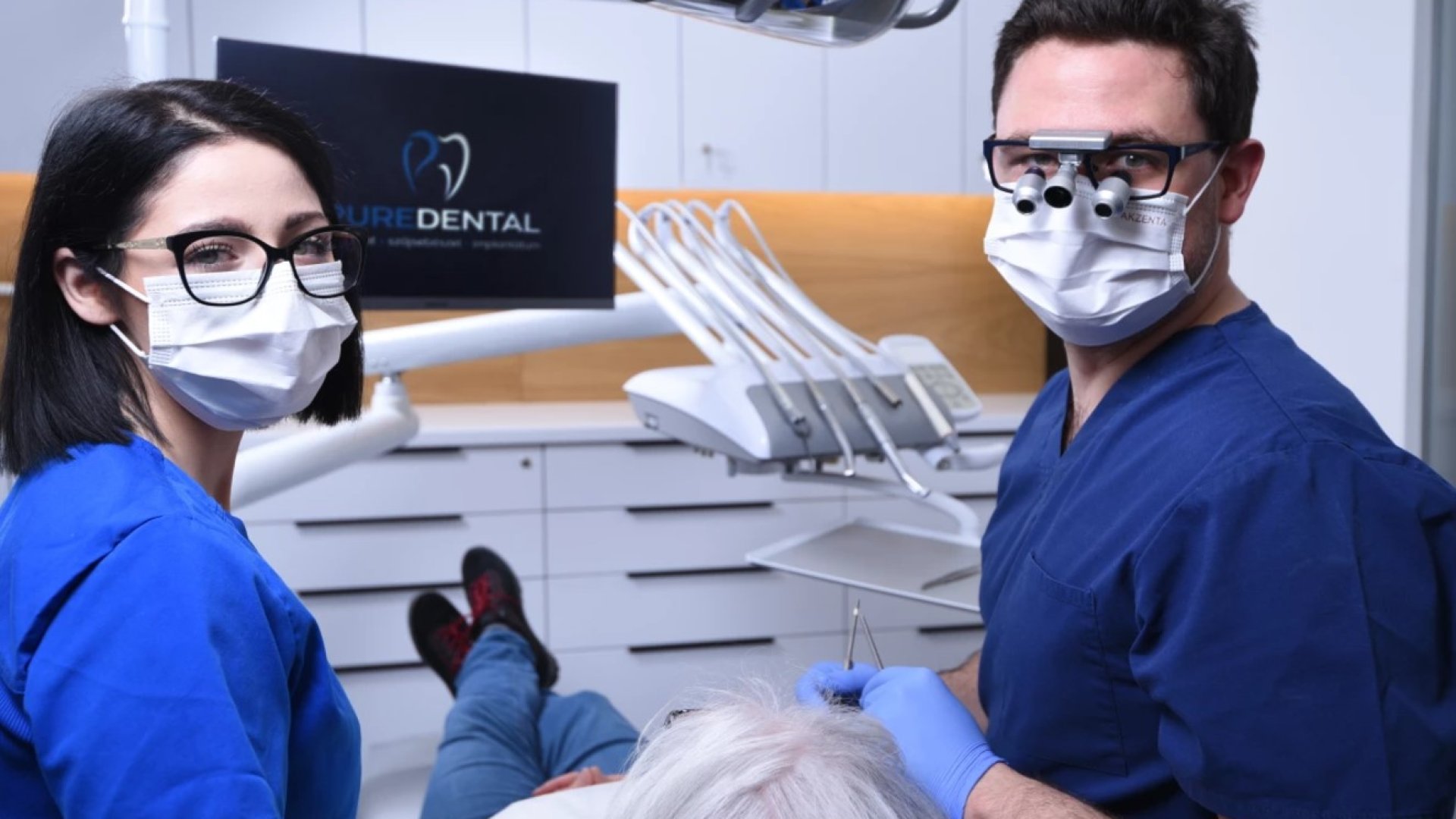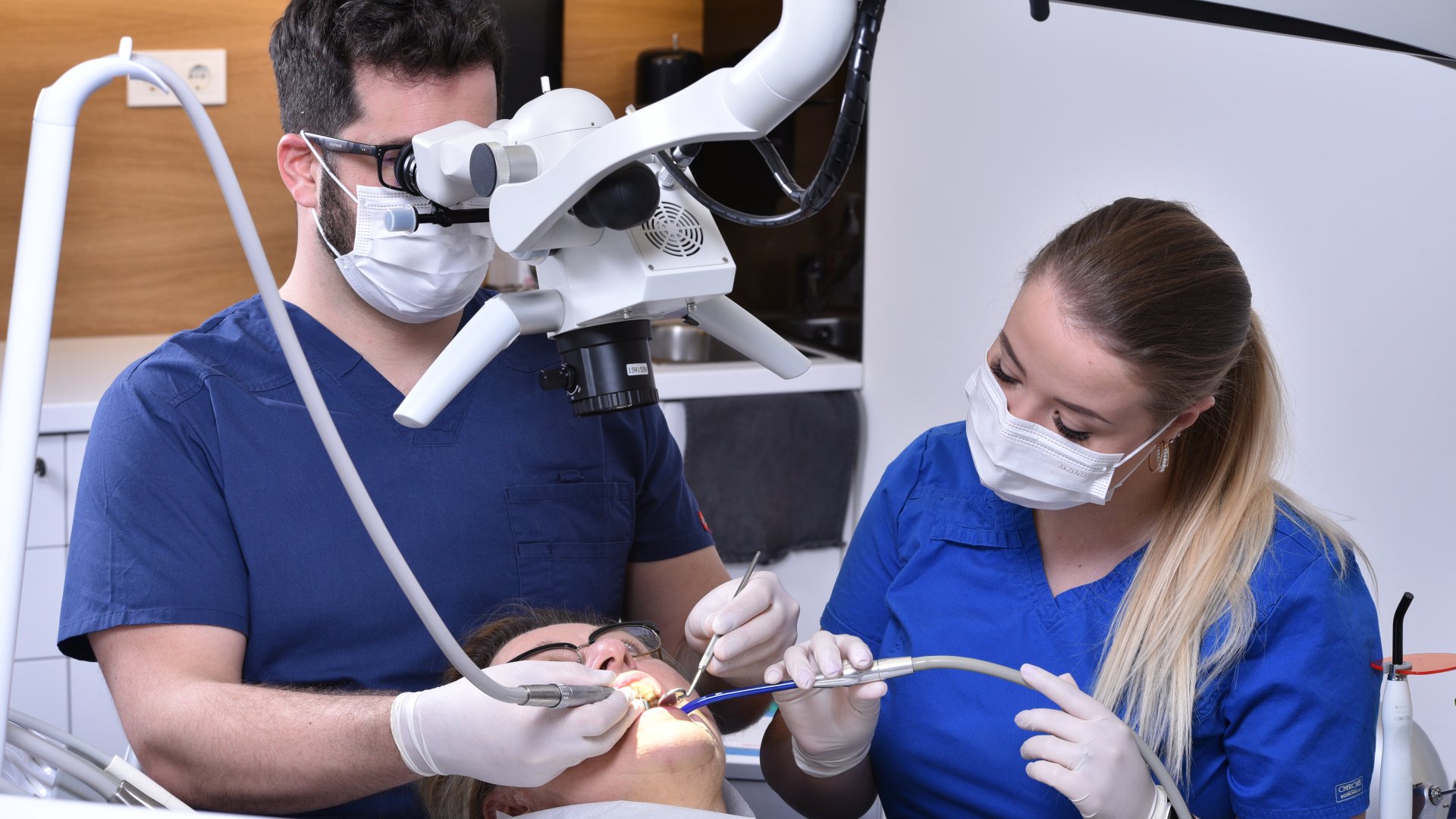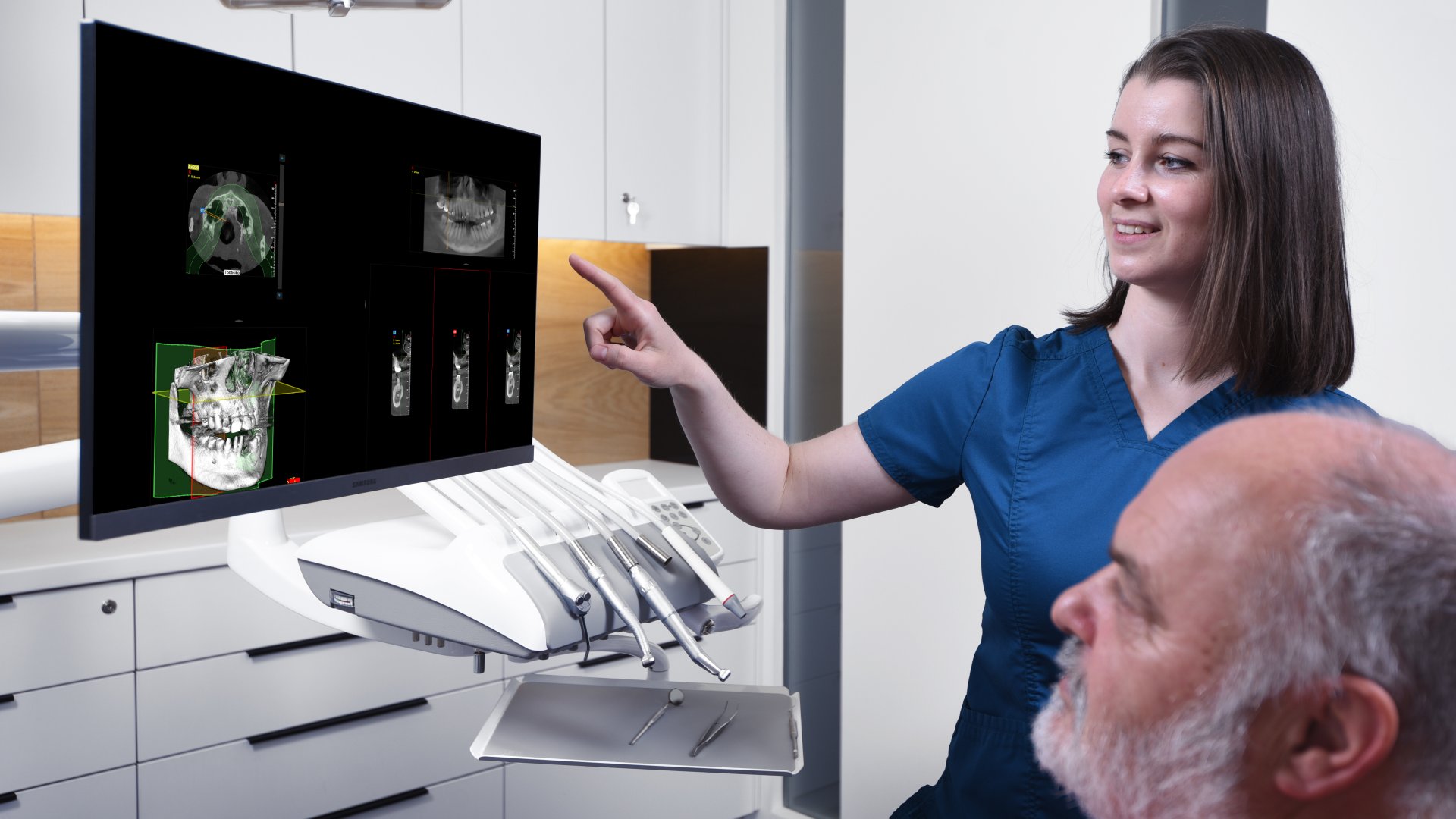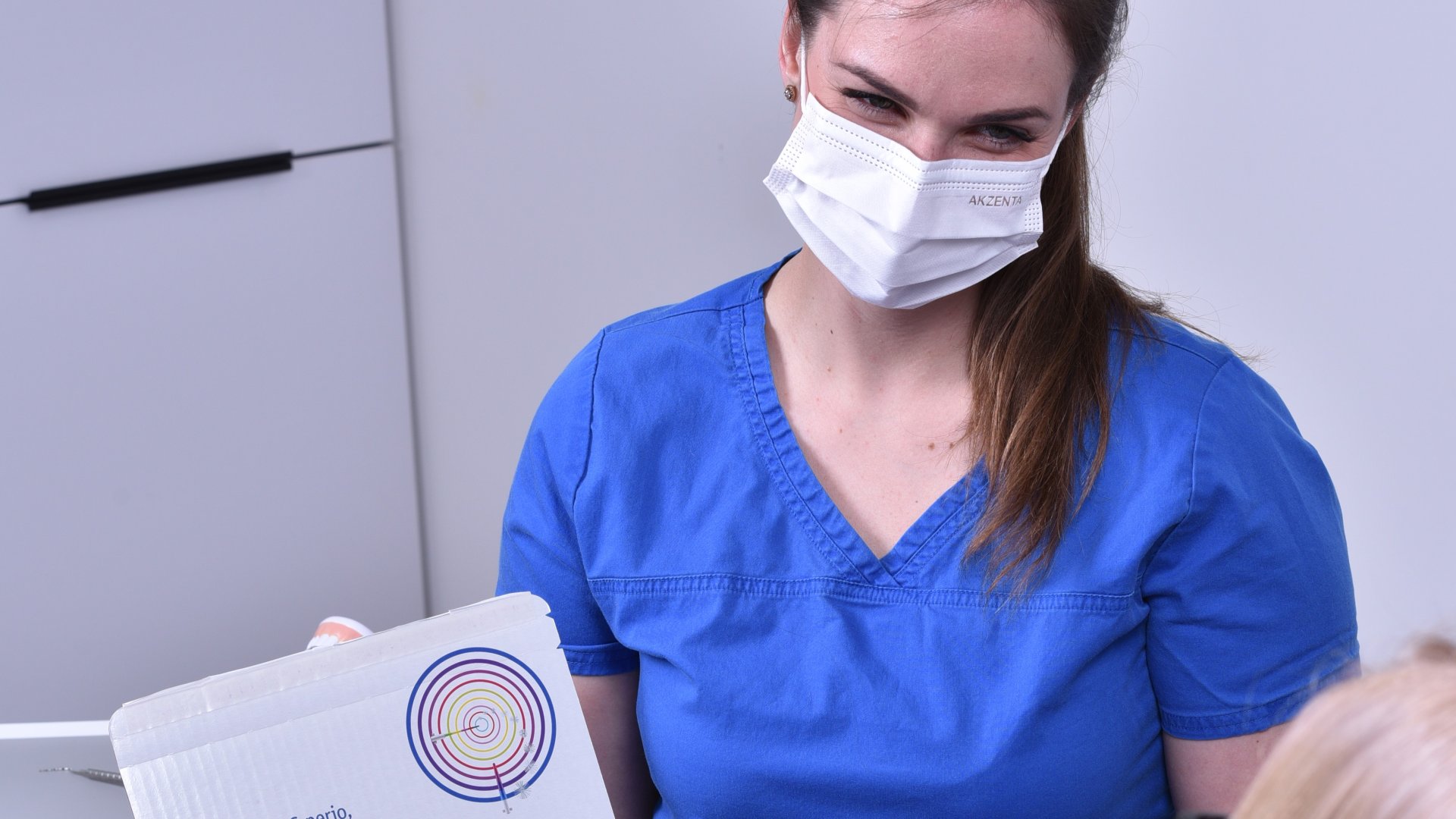Hungary vs. Turkey, which destination offers ...
Looking for affordable, high-quality dental implants outside the UK? You are not alone, with long waiting lists and rising costs at home, many patients are turning to dental tourism to restore their s...

